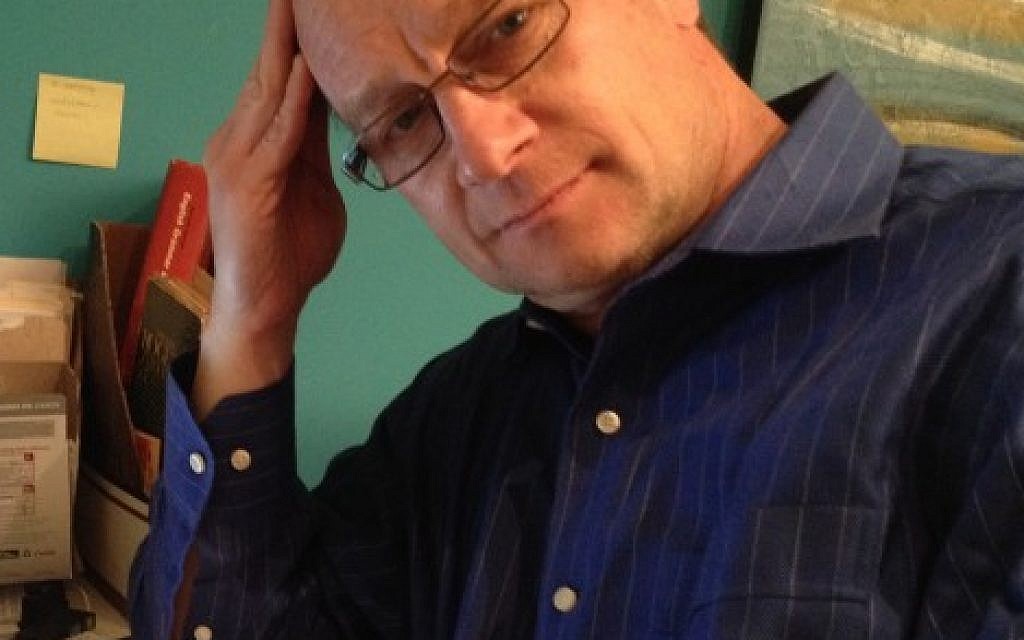Rabbi Buys the First Cup
Rabbis across denominations set an example for polite political discussions.
I acknowledge, with pride, that this column concerns an event conceived by my brother, Rabbi John Schechter of Congregation B’nai Israel (Conservative) in Basking Ridge, N.J.
Two days after President Donald Trump’s inaugural address, several dozen Jews gathered at four locations in northern New Jersey to discuss its content.
The Coffee With Rabbis model could be duplicated in any community, including Atlanta.
Get The AJT Newsletter by email and never miss our top stories Free Sign Up
The conversations — held at a Starbucks coffee shop, two Panera Bread restaurants and a diner — were led by 17 rabbis and one cantor. Participants split into smaller groups, each moderated by two rabbis from differing denominations.
The sessions went well past their scheduled hour. The diner gathering adjourned to a nearby home when the manager worried aloud about tables for dinner customers.
“There was good camaraderie but not unanimity” of opinion, my brother reported.
Not bad for an event planned in less than three weeks with a budget of $100 (presumably John’s offer to buy the first round). Organizational support came from the Jewish Community Relations Bureau of the Metro West Jewish Federation.
Coffee With Rabbis has the attention of the Jewish Community Relations Council of Atlanta.
“It is my hope that we can duplicate this kind of program in Atlanta under the auspices of JCRC,” said Lois Frank, a past national chair of the Jewish Council for Public Affairs and an Atlanta JCRC board member. “We need safe, nonjudgmental and intellectually sound discussions around the pithy topics we are facing as Jews and Americans right now. Having rabbis as pivotal in the discussions, particularly if they are not necessarily like-minded in their points of view, will add wisdom and respect and perhaps some skilled refereeing to the exercise.”
The New Jersey rabbis came from the Conservative, Reform and Reconstructionist movements. The unavailability of the invited Orthodox clergy was traced to the vacation week at local yeshivas, with rabbis also taking time away.
When the conversations veered off-topic, the rabbis steered the proceedings back on course.
Though they formed a minority, as they were in voting by American Jews, each group included Trump supporters, including two young men at the diner from a Jewish high school.
The students said they came seeking a Jewish outlet where their opinions would be heard civilly. They were upset that the morning after the election a Kaddish “for the country” was recited at their school and that they were derided for wanting to watch the inauguration.
A number of participants admitted that they had not talked face-to-face with a Jewish Republican in the six months prior.
A self-described “conservative” wrote in his post-event feedback: “When I go to events and get scolded, scorned and ostracized for my political views, where’s the opening for me? The lefties were close to speechless. They said they had no idea that people on our side felt this way, and acknowledged that it is not good, that the Jewish community cannot be exclusionary and unwelcoming to conservatives. After that, we talked about how important and how good it felt to be actually sitting across from others with different viewpoints, and arguing, which just doesn’t happen much anymore — arguing is considered problematic rather than interesting, which it is. We all left wanting more of this.”
My brother said, “People who self-select to come to this are both serious about engaging in deep dialogue with other Jews and have requested that, the next time we do this, we put some definitively Jewish statement up for review, including the relation of American Jews to Israel, the question of religious politics vs. secular politics, the differing approaches in the Jewish community toward poverty, as well as the question of when did Jews acquire white privilege.”
Coffee With Rabbis was a modest effort, one that will be refined for the future, and, indeed, John has recommended that the format be repeated in three or four months, focusing more directly on Jewish topics and making certain that schedules permit the participation of his Orthodox colleagues.
Anyone up for Coffee With Rabbis in Atlanta?





comments